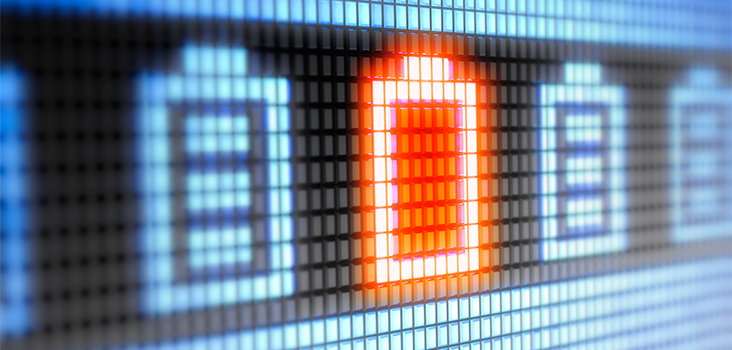Some electric car makers, notably Nissan with its Leaf, make recommendations that owners don’t charge too frequently using quick-charging stations. The belief is that the chemical processes involved in rapidly charging a battery can lead it to degrade faster than regular charges, reducing range.
But is that really the case? One ongoing experiment in Phoenix, Arizona, suggests it might not be–and that overall mileage could be more important. The Idaho National Laboratory (via Simanaitis Says) is currently evaluating four Nissan Leaf electric cars around a set network of roads in Phoenix.
Two of the cars are being recharged using ‘Level 2’ 220-volt, 40-amp recharging points, while the other two cars enjoy a DC quick charge–typically good for 80 percent capacity in around 30 minutes. Climate control is set to 72 degrees in all four cars, and all cars play by the same rules–when estimated range reaches five miles, the vehicles leave the looping route and return to base.
So far, all the cars have accumulated around 48,000 miles, and some interesting results are emerging.
At 10,000 miles, all four cars had lost around six percent capacity, irrespective of fast charging. By 30,000 miles, some differences could be seen–the Level 2 cars degraded an average 14 percent, three percent less than the fast-charged Leafs.
By 40,000 miles, the difference was still three percent–22 percent degradation for the Level 2 cars, 25 percent for the quick-charging cars. It seems to indicate that there’s not a huge penalty for repeated fast-charging, but total distance does begin to make a difference. Worryingly, in the 40,000 to 48,000-mile interval the average distance covered before reaching 5 miles remaining was just 57.5 miles for the Level 2 pair, 53.6 for the DC cars. At 10,000 miles, all four cars were still capable of over 70 miles between charges.
Testing in winter, Arizona’s high summer temperatures–already responsible for much consternation in the Leaf community–shouldn’t be playing a part either. Both the type of charging and the distance covered are clearly a factor in battery degradation. Idaho National Laboratory’s experiment concludes this month, so we’ll likely find out their full results following a report.
But those concerned that quick charging will ruin their batteries may not need to worry so much–it seems less a factor than how far you’re actually driving.
Tags: Electric Vehicle

; ?>wp-content/themes/srptheme/images/Studion.png)